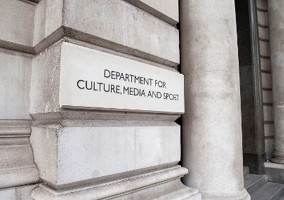More than £500m of money reclaimed from dormant bank accounts is waiting to be given away, according to documents filed with Companies House last month.
But no decision has been taken about when the money will be made available, or what it will be spent on.
The Reclaim Fund holds £569m in money gathered from dormant bank accounts, which will eventually either be returned to the owners of those accounts, or be passed on to the Big Lottery Fund for distribution to good causes. But no decision has yet been made about how that money will be spent.
Another £362m has already been distributed to Big Lottery Fund, of which £301m has been passed on to Big Society Capital, the social investment wholesaler. Another £50m has been returned to account owners.
Around another £100m will be transferred to Big Lottery Fund this year, and the rate of transfer is likely to increase, as the Reclaim Fund becomes more certain that only a small amount of money will ever be returned to account owners.
Roughly four fifths of all money transferred to Big Lottery Fund will be spent in England, and another £99m of that money is earmarked for Big Society Capital.
After that, government must set a new target, but the Department for Digital, Culture, Media and Sport, which is the responsible department, has not yet said where it plans for the money to go.
The funds must be spent on good causes, although they do not have to go to charities.
The amount in the pot is likely to keep growing for some years. In the last year, £125m was raised from dormant accounts, and £13m redistributed back to account holders.
The amount available from dormant bank accounts is far in excess of what was originally predicted. The government originally estimated that only around £500m would be available for good causes.
In addition to the money already realised from dormant bank accounts, the government has now investigated whether other classes of dormant assets, chiefly insurance policies and investment, could also be used to realise money for good causes. A report published in March this year suggested that up to £2bn could be available.
Related articles












